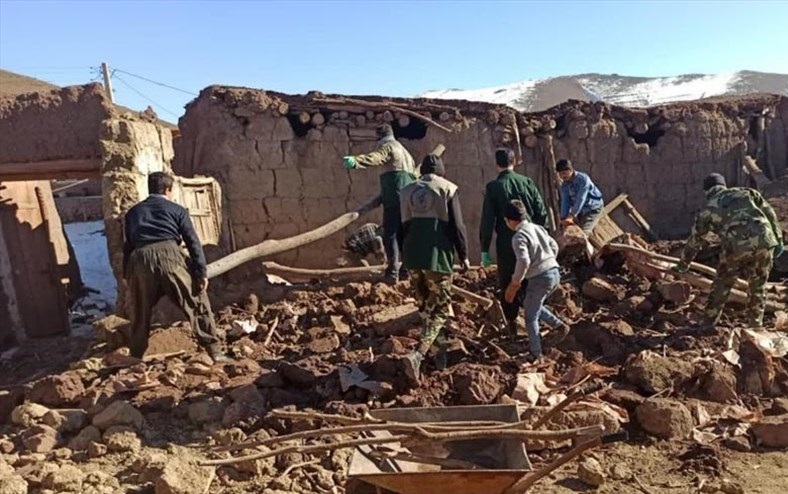The epicenter of the magnitude 7.8 earthquake was about 20 miles from the major city of Gaziantep in the Southeastern Anatolia region of Turkey.
Recent figures confirm that at least 5984 people have died in Turkey and 1220 as a result of the disaster, but experts state that the number is expected to rise as rescue efforts continue the search for survivors.
The earthquakes caused significant structural damage throughout the affected regions, leaving as many as 380,000 people seeking emergency accommodation in government shelters, hotels, mosques, shopping malls and trains.
Extreme weather conditions have contributed to the scale of the disaster as rescuers and victims battle freezing cold and wet conditions.
Families of victims have expressed their frustration at the slow response of the government to dispatch rescue workers.
Many citizens have taken rescue efforts into their own hands, using pickaxes and crowbars to dig through rubble in search of survivors.
On Tuesday afternoon, Turkish President Recep Tayyip Erdoğan declared 10 provinces within southern Turkey as disaster zones. A state of emergency has been imposed for three months.
“We are facing one of the biggest disasters not only of the history [sic] of the Turkish Republic but also of … the world,” he said.
Erdogan said 70 countries have offered to help with the search and rescue operations in Turkey, with many dispatching search and rescue teams to assist with the massive scale of the disaster.
In particular, the impacted area of Northern Syria faces extreme difficulty in dispatching and receiving aid due to the critical conditions impacting the area, including the cholera outbreak, hazardous weather and most notably, the ongoing civil war that continues to divide the country.
Efforts to deliver aid have been stalled as a result of the conflict between the Syrian government and rebel opposition, creating physical and political barriers to access areas desperately in need of aid.
The International Rescue Committee (IRC) commented on the catastrophic state of the disaster and the overwhelming need for humanitarian aid.
“With the response in its infancy the need for humanitarian aid is stark. Roads and infrastructure, like bridges, have been damaged meaning it will likely prove challenging to get supplies to those who need it most,” said the IRC.






